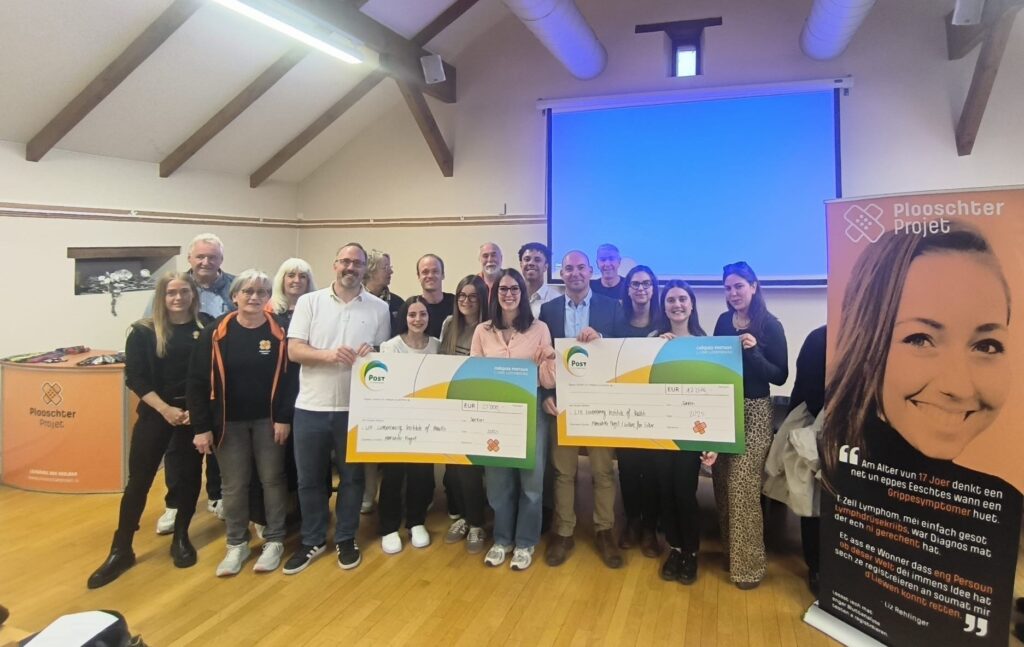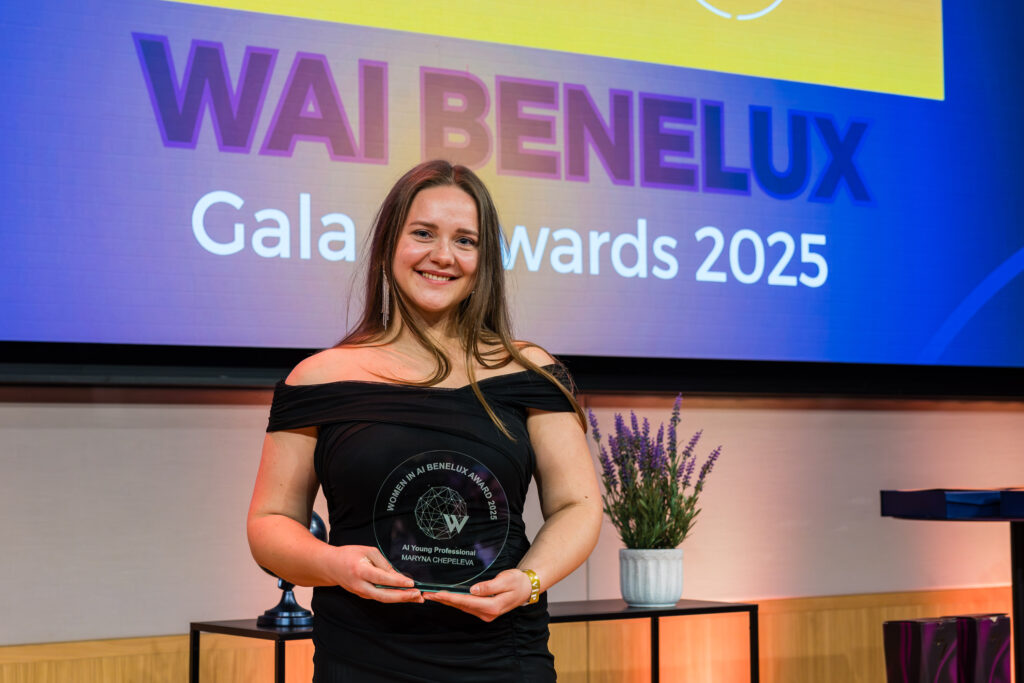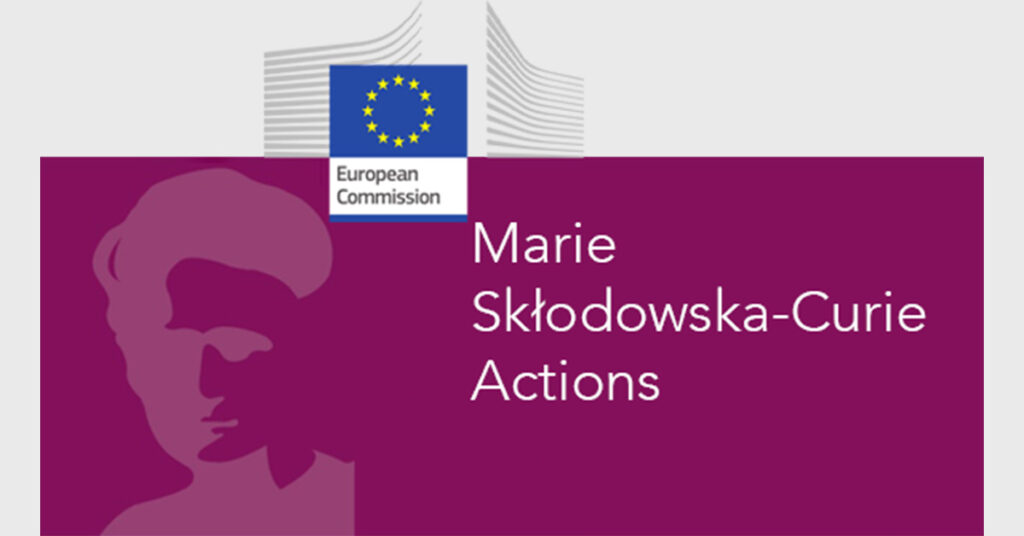- Domaines || de recherche
- Recherche Translationnelle
- Médecine translationnelle transversale (MTT)
- Centre opérationnel de médecine translationnelle (TMOH)
- Service Gestion de projets cliniques (CPMO)
- Centre d'investigation clinique & épidémiologique
- Centre de recherche clinique & translationnelle du Luxembourg (LCTR)
- Biobanque intégrée du Luxembourg (IBBL)
- Disease Modeling & Screening Platform (DMSP)
- Centre du génome Luxgen
- Plateforme de recherche en pathologie (RPP)
- Projets de Recherche
et essais cliniquesSoutenez-nous - Recherche Translationnelle
Actualités
Les chercheurs du Télévie « retournent au laboratoire » !
Veuillez noter qu’à l’exception du titre et du résumé, cet article est uniquement disponible en anglais.
14 janvier 2021
3minutes
- Groupe Immunothérapie et microenvironnement des tumeurs
- Cancer
- Département de Recherche sur le Cancer

Lancement symbolique des projets financés par le Télévie
Ce 13 janvier, la « Rentrée des chercheurs » s’est déroulée sous la forme d’une série de clips vidéo. Cet événement dont le Télévie fait la promotion marque symboliquement le début des nouveaux projets de recherche financés par cette organisation caritative et par le Fonds National de la Recherche Scientifique (FNRS) belge. Parmi les scientifiques soutenus par le Télévie, le Dr Bassam Janji, chef du Groupe Immunothérapie et microenvironnement des tumeurs (TIME) du Département d’oncologie du Luxembourg Institute of Health, a participé à cette initiative originale, ce qui lui a permis de présenter les travaux de son groupe de recherche.
The ‘Back to the lab’ event, traditionally organised in autumn, typically consists in a ceremony where all newly funded researchers receive a ‘Télévie lab coat’ to symbolically mark the launch of their Télévie-FNRS-financed cancer projects. However, given the current health context related to the COVID-19 pandemic, the ceremony had to be cancelled and was instead replaced with an innovative concept. In a short video interview, scientists were given the opportunity to present their research − supported by the money raised during Télévie’s 2020 fundraising activities − to the general public. In 2020, over EUR 10.5 million was raised, which allowed to support 83 new researchers, 7 new technicians and 80 new multidisciplinary and inter-university projects, bringing the total number of Télévie-funded researchers to over 200.
Dr Bassam Janji was among the researchers supported by Télévie in 2020. Specifically, his group’s project on triple-negative breast cancer was selected for funding due to its impact and significance. This particularly aggressive type of cancer is characterised by tumour cells lacking the three most common receptors (estrogen, progesterone and hormone epidermal growth factor receptor 2 – HER-2). This means that common treatments like hormone therapy and drugs targeting estrogen, progesterone and HER-2 are ineffective. Although chemotherapy is still an effective option, triple-negative breast cancer remains very difficult to cure due to the development of resistance to chemotherapy and immunotherapy.
In our newly funded project, my team and I will seek to elucidate the molecular bases underlying this resistance mechanism. In addition, we aim to propose novel alternative treatment approaches relying on a combination of different therapies, thereby ultimately improving patient outcomes and prognosis
explains Dr Janji.
The full videos presenting the research projects selected for funding by Télévie in 2020 can be found here.
CONTACT








